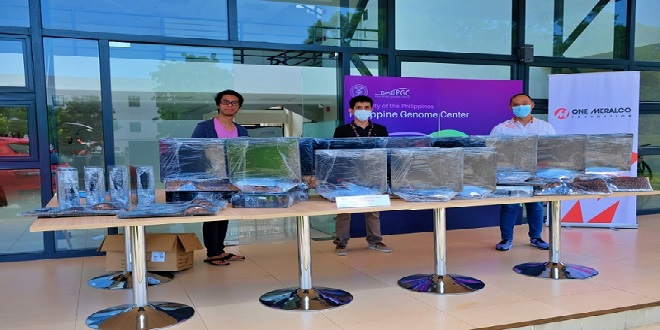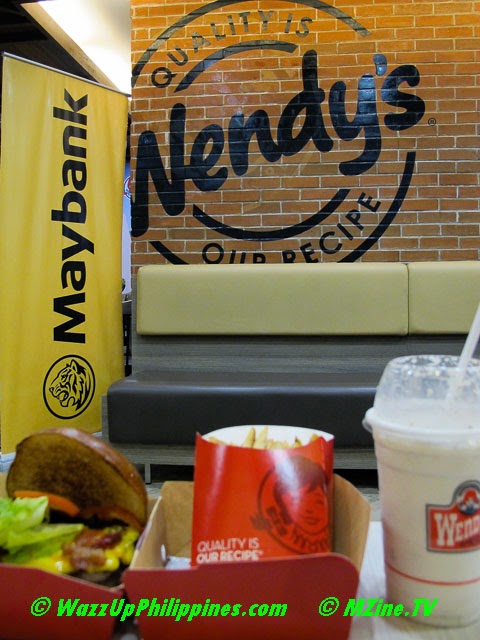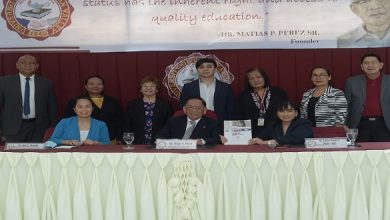
One Meralco Foundation (OMF), the Manila Electric Company’s (MERALCO) social development arm, has mobilized to help thousands of homeless families and frontline medical personnel heavily impacted by the Corona Virus Disease 2019 (COVID-19) outbreak and the current enhanced community quarantine (ECQ) imposed on Metro Manila and the rest of Luzon.
In partnership with TV5’s Alagang Kapatid Foundation (AKFI), Maynilad, and the National Capital Region Police Office (NCRPO), OMF distributed food packs on March 24, benefiting 200 families living along Kalayaan and E. Rodriguez avenues in Quezon City, and 500 marginalized families at Brgy. Buting, Pasig City.

It also launched an internal online campaign within the Meralco organization to provide marginalized families in Metro Manila with grocery gift certificates–a project in collaboration with Caritas Manila that raised more than P1.5 million and benefited at least 1,500 families.
Meanwhile, OMF also responded to the needs of private and government-owned referral hospitals for personal protective equipment (PPEs) and basic safety gear for healthcare personnel attending to the rising number of COVID-19 patients.
The Our Lady of Lourdes Hospital in Sta. Mesa Manila, designated as the main COVID-19 referral hospital of the Metro Pacific Hospitals, received 1,600 face masks and 100 face shields.

The foundation also provided KN95 masks, goggles, and face shields to frontliners of various local governments in the Meralco franchise area, such as Marikina City, Batangas City, and San Pascual, Batangas.
Their scientists are set to start sequencing samples from COVID-19 patients to better understand the characteristics of the virus and find ways to stop it from spreading. The institution will also serve as the operations center for a united effort of different volunteer groups within the University of the Philippines system to help respond to the crisis.

eSakay, a Meralco subsidiary, and OMF teamed up with the local government unit of Pasig to shuttle health workers and employees of essential businesses to work. Launched on March 19, it served more than 5,000 passengers – of which 592 were health workers – in the first week alone.








